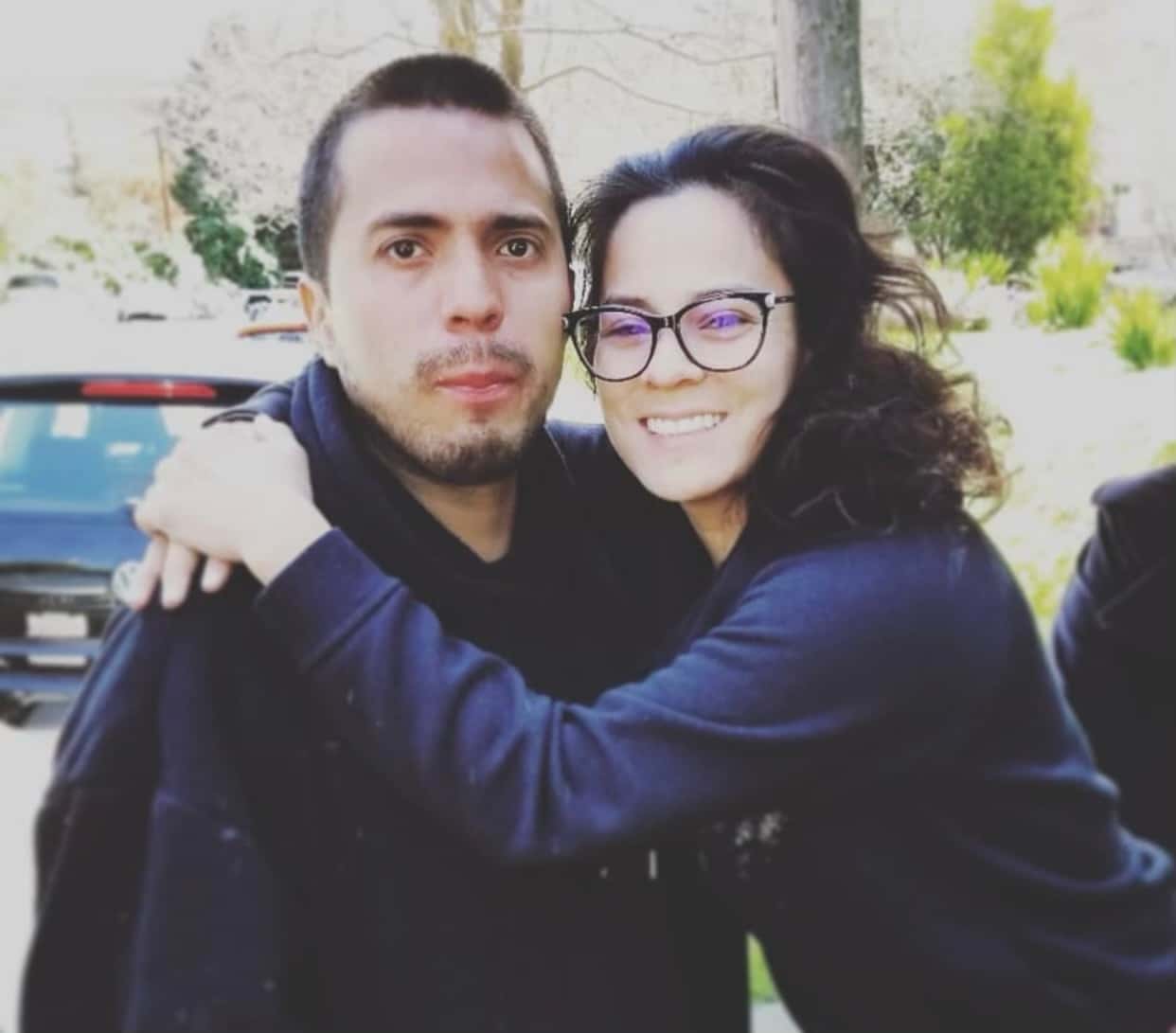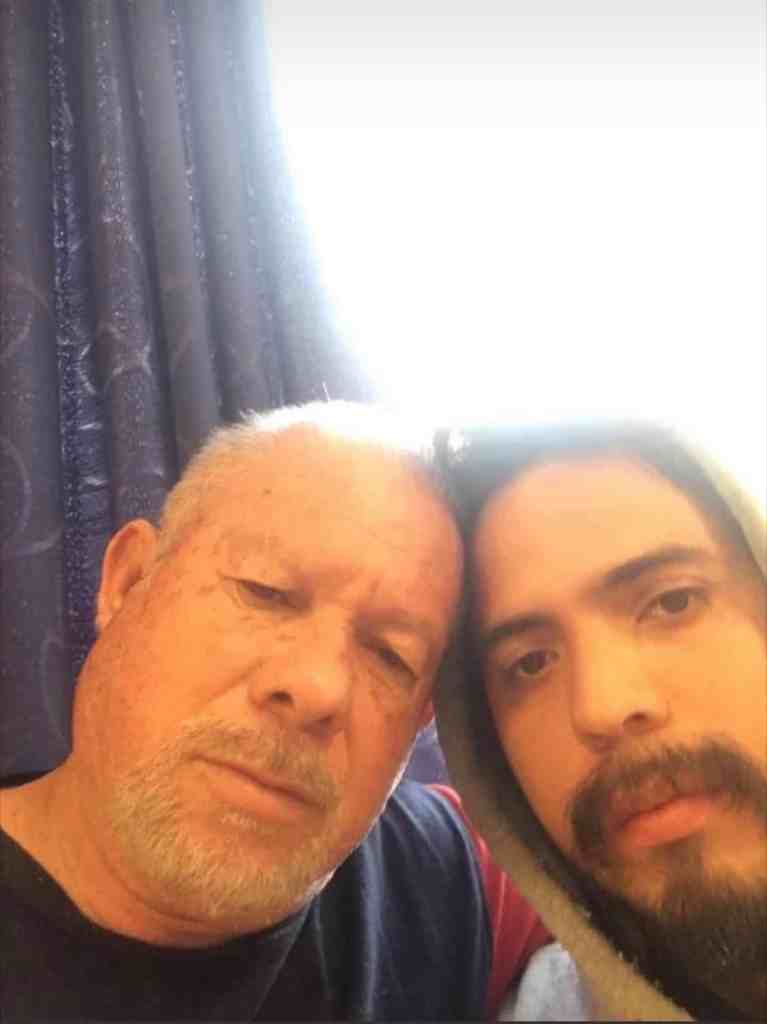Jose Ibarra was fortunate to be surrounded by family that loved him. He had a different life than most young men his age due to a chronic brain disorder, but the life he lived was full despite his mental limitations. Jose entered a long-term care facility due to a mental health crisis. That’s where things began to go wrong for Jose. In spring of 2020, his sister Maria gained conservatorship to manage Jose’s medical decisions. By 2021, his family had bought a home for him. His father was set to move in and be his caretaker, but Jose never got a chance to live in his new home.

On November 3, 2021, Maria received a call from an ER doctor that Jose had died in the hospital. As a patient with cognitive disabilities, Jose had the right to have a support person by his side because he was unable to give consent for his treatment, but Jose was denied that right. His sister, also his conservator, was not notified that he had been taken to the ER by ambulance. This was not the first time that Jose had been denied a support person to manage informed consent for him.
Upon Jose’s arrival, and after assessment the ER physician determined he had a sepsis infection. In such cases, speedy administration of antibiotics is critical, and hospitals have protocols in place to ensure this happens. But for Jose, even though a “Code Sepsis” was called, the sepsis protocol was not implemented immediately. Had Jose’s sister been notified, she could have given consent and advocated for immediate treatment. This violation of Jose’s patient rights was just one of the errors that led to his death.
Jose was left alone, and he left his ER room in search for a restroom. The ER staff returned to his bedside, but their patient was gone. They found Jose unresponsive on the bathroom floor. The ER staff begun resuscitation efforts and the ER physician, who had assessed Jose and had his list of medications, used 4 rounds of epinephrine to resuscitate him. But epinephrine was contra-indicated to a medication that Jose had been prescribed for years. The epinephrine caused a further lowering of the blood pressure and pulse, causing the exact opposite effect of its intended use. Tragically Jose died at just 29 years old.
Jose’s family was devastated. They had worked so hard to find solutions for Jose. His autopsy revealed Jose had received the wrong medication twice: first at the long-term care facility which injected him with toxic levels of a medication that led to extremely low blood sodium levels which are necessary to maintain blood pressure, then from the emergency room doctor when the epinephrine used to revive him interacted with his existing medication leaving no hope for resuscitation. This fatal drug interaction meant Jose didn’t stand a chance.

Jose’s family sought out legal options and found no accountability there. Jose’s sister Maria then looked to the medical board to hold the responsible physicians accountable and ensure the rights of other patients with disabilities are not so easily swept under the rug.
Maria filed a consumer complaint on behalf of Jose with the Medical Board of California, where the ER doctor was licensed, and the Osteopathic Medical Board of California, which licensed the doctors in Jose’s long-term care facility. Maria’s consumer complaint at the Medical Board of California remained in the “Central Complaint Unit,” where the Board triaged his case for over a year. Jose’s medical board complaint was eventually closed because the board claimed they could not meet the burden of proof which is clear and convincing evidence.
The Osteopathic Medical Board is required by law to refer all death investigations to the Division of Investigation, yet it closed Jose’s complaint without an investigation and without interviewing his sister Maria or allowing her to provide any input. In response to her inquiries, she was told a medical consultant claimed, in his estimation, that he could not find the care Jose received below the standard of care. The decision was based on whether that consultant would have provided similar care.
With no accountability for her brother Jose’s death in sight, Maria grew frustrated of fighting alone. She joined Consumer Watchdog’s volunteer advocacy team to unite with other families in the fight for medical board reform. She regularly testifies at both Osteopathic Medical Board and Medical Board of California meetings and has focused her efforts on a required interview and investigation before a death complaint is dismissed. An interview would have made a difference in Jose’s case. It would have given her an opportunity to provide toxicology report information to the Medical Board to supplement her consumer complaint.
Maria’s experience losing her brother to medical negligence and advocating for more accountability for physicians has not only led to her becoming a strong member of Consumer Watchdog’s advocacy team, but it has guided her on a mission to obtain her law degree to help families fight for their legal rights.

